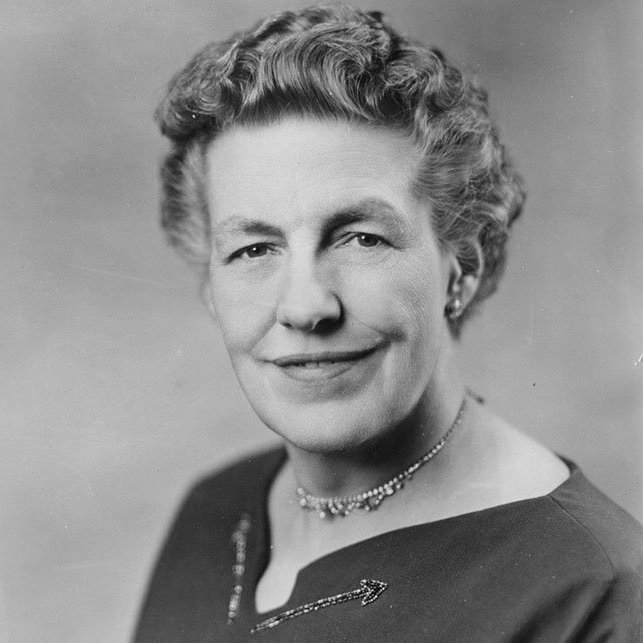Mary Elizabeth Clark was born in Dayton, Ohio on November 13, 1905. She was orphaned at age three and moved to Baltimore when she was twelve. Although she had had no formal education, she was an avid reader and possessed a remarkable memory. She married Claud Frye in 1927, becoming Mary Elizabeth Frye. He ran a clothing business while she kept house and grew and sold flowers. Frye wrote "Do Not Stand at My Grave and Weep" in 1932. As far as we know, she had never written any poetry before, but the plight of a young German Jewish woman, Margaret Schwarzkopf, who was staying with her at the time, inspired her. Her young houseguest had been deeply concerned about her mother, who was too old and crippled and ill to leave Germany, but she was unable to go to her mother's aid because of the rabid anti-Semitism that was erupting into what later became known as the Holocaust. When she received news that her mother had died, the heartbroken young woman told Frye in despair that she had never had the chance to “stand by my mother’s grave and shed a tear.” Frye continued to write, often to support animal charities, but none of her subsequent work matched the impact of her first piece. It was her first poem, written in a burst of compassion, that endured and became famous. The poem was first introduced to many Britons when it was read by the father of a young soldier, Stephen Jeffrey Cummins, who had been killed by a bomb in Northern Ireland. The soldier's father read the poem on BBC radio in 1995 in remembrance of his son, after having found it in an envelope addressed "To all my loved ones" in his son's personal effects. Mary Frye died on September 15, 2004, at age 98. Source

